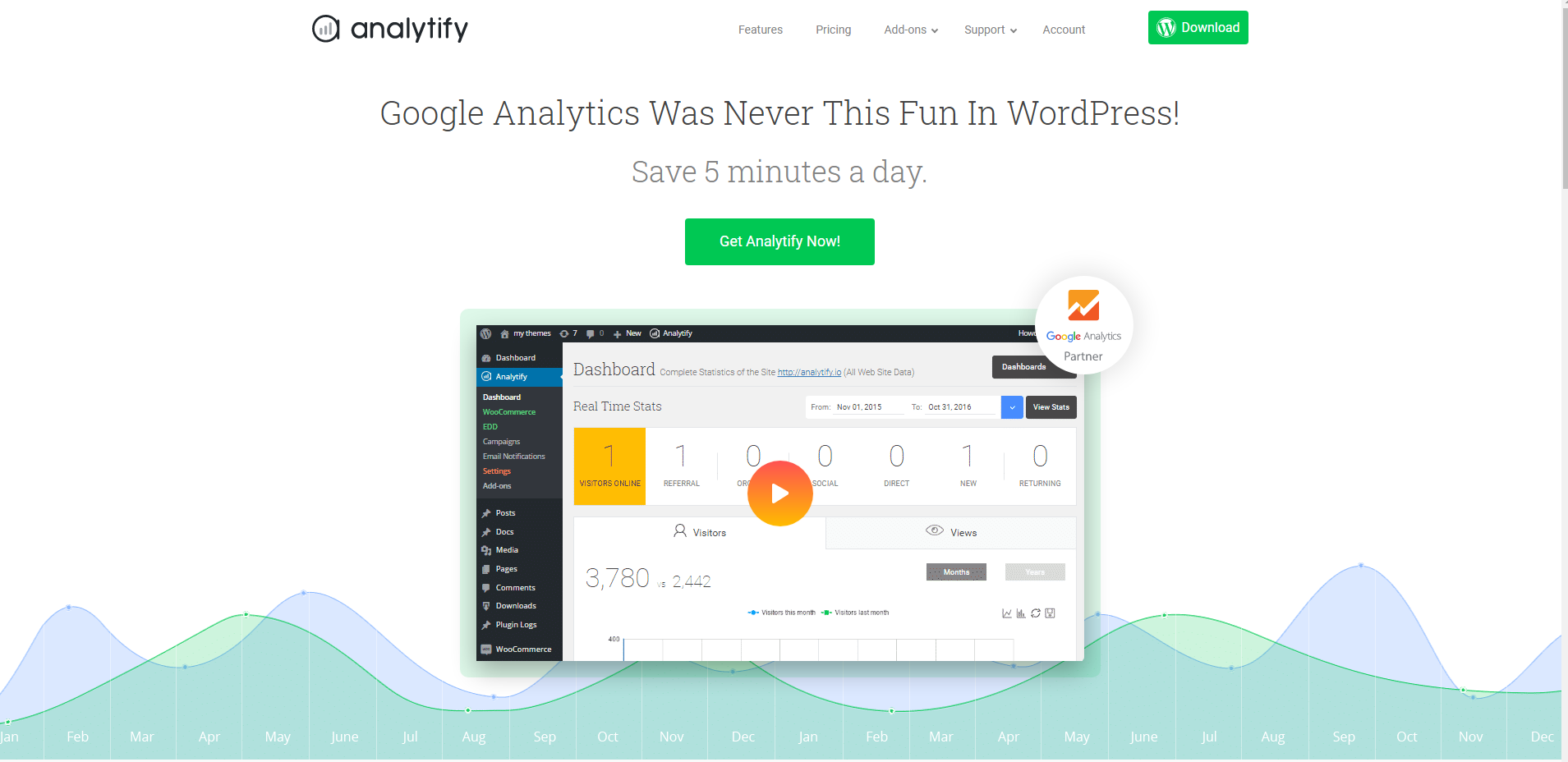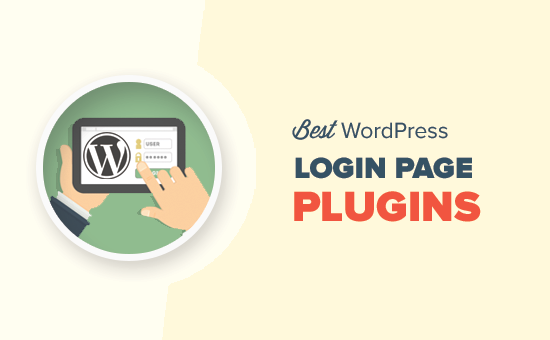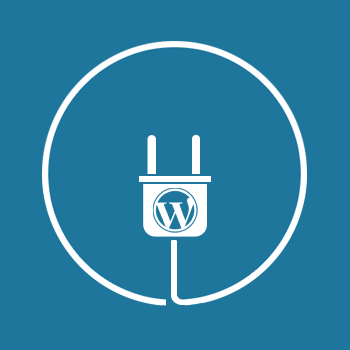-
Last updated on September 11th, 2025 by Tan Nguyen
5 best SEO Plugins for WordPress
Most people choose WordPress because it’s easy to customize, writing & Publishing articles. WordPress comes with a variety of different types of plugins and themes. The most important part is that it has many SEO options such as custom permalink. This is true but they, especially beginners, don’t know how to optimize their WordPress blog
-
Last updated on September 11th, 2025 by Tan Nguyen
5 Best Google Analytics WordPress Plugins
How do you know about, what’s happening on your WordPress website? Do you even know which post got the most visitors? Which author is most popular in your audience? Or Do you even know which type of content your audience love to read on your website or what other content needs to be published on
-
Last updated on September 11th, 2025 by Tan Nguyen
5 best login plugins for WordPress in 2021
Why do we select a WordPress Paid theme for our website? Because we don’t want our website to look like other WordPress Websites. We want our website unique in terms of design and functionalities. If that’s the case with Website themes, so why not with the login page of our website? Using a customized login
-
Last updated on September 11th, 2025 by Tan Nguyen
How To Translate a WordPress Plugin Into your Local Language
As you already know that WordPress is an open-source platform and it is translated into many languages by different contributors. Most plugins are already translated into different languages. But if you find a plugin that is not already translated into your local language, you can translate that plugin yourself. You don’t need to be technical
-
Last updated on September 11th, 2025 by Tan Nguyen
What is a WordPress Plugin and How to Develop it?
WordPress is a flexible platform which provides developer to add extra functionality without changing the core of WordPress. To enhance the functionality of WordPress we need to write custom plugins. WordPress Plugins are just like add-ons, which uses the core functionality of WordPress and add custom functionality into it. In this article, we will look




